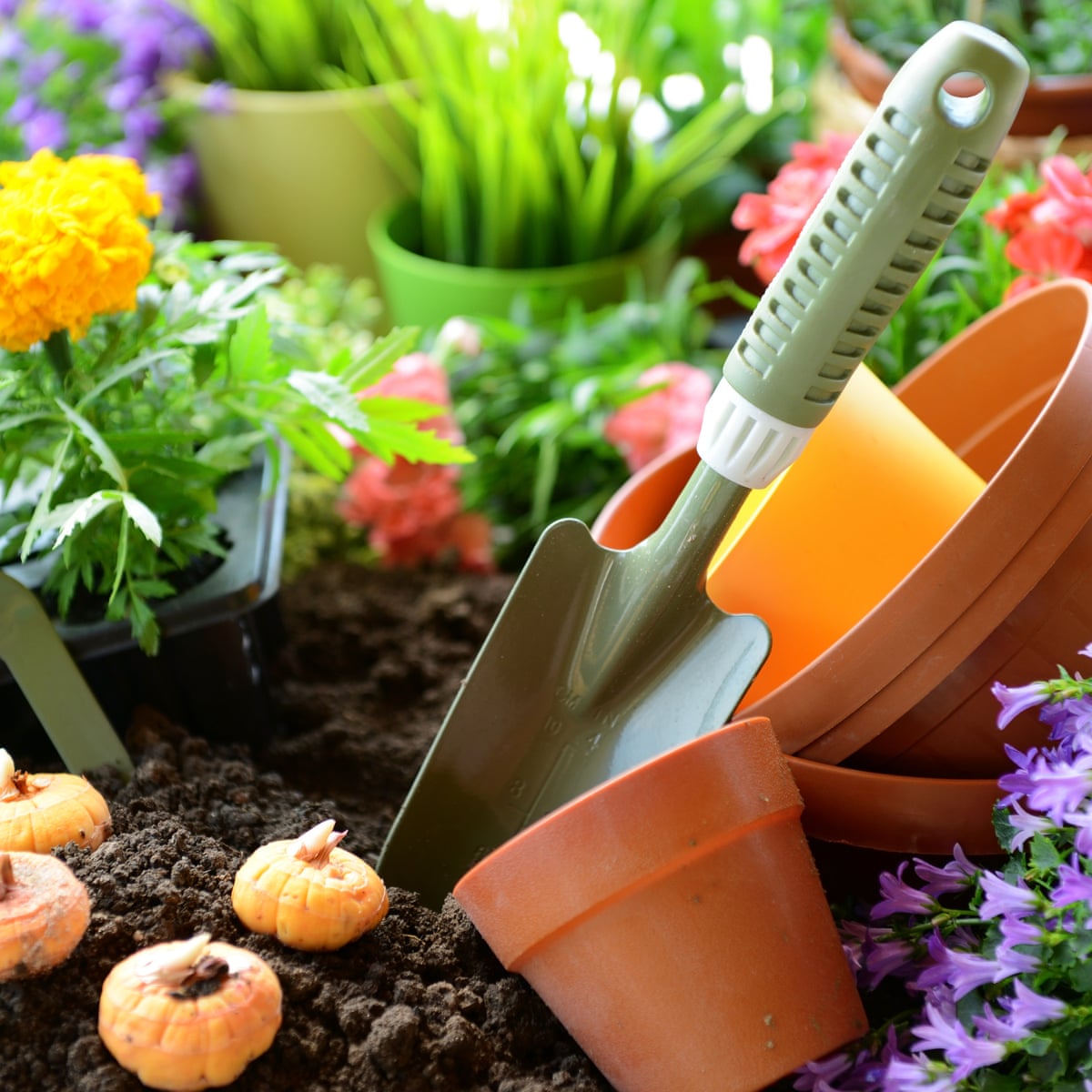Innovative Gardening Ideas to Take Full Advantage Of Little Rooms and Yields
Innovative Gardening Ideas to Take Full Advantage Of Little Rooms and Yields
Blog Article
Unlocking the Conveniences of Horticulture: A Detailed Take A Look At the Various Types and Their Effect On Wellness
Exploring the multifaceted advantages of horticulture discloses a spectrum of methods that considerably improve private well-being. From vegetable and natural herb yards to container and raised bed setups, each type provides unique advantages that prolong beyond mere growing. These activities not only foster physical health and wellness through energetic engagement yet likewise add to mental wellness by reducing tension and motivating mindfulness. As we check out these diverse horticulture methods, it becomes evident that their effect can resonate on individual, social, and environmental degrees, prompting a closer look at just how these connections form a cohesive narrative of alternative health and wellness.
Sorts Of Horticulture

Flower gardening, another prominent classification, highlights the aesthetic allure of cultivated blooms. This kind can boost landscapes and advertise biodiversity by attracting helpful pollinators. Similarly, natural herb gardening involves expanding fragrant and cooking plants, adding both to cooking and all-natural remedies.
Container gardening deals convenience, enabling people with restricted area to participate in horticulture by utilizing pots and planters. This technique is particularly prominent in urban setups. Elevated bed horticulture, on the other hand, entails creating raised stories that enhance soil drain and access, making it less complicated for garden enthusiasts to handle their plants.
Lastly, community gardening promotes collaboration among people in common spaces, promoting social interaction and cumulative obligation. Each sort of gardening offers distinctive objectives and accommodates various choices, making gardening a versatile activity that can be customized to specific requirements and environments.
Mental Wellness Advantages
Participating in various types of gardening not just produces substantial incentives such as fresh produce and lovely blossoms yet likewise uses significant mental wellness benefits. Research suggests that horticulture can be a powerful tool for minimizing anxiety, stress and anxiety, and clinical depression. The act of having a tendency to plants and cultivating a yard fosters a sense of purpose and success, which can enhance general psychological health.
Additionally, horticulture urges mindfulness, as it requires people to concentrate on today minute, whether it be planting seeds or supporting development. This mindfulness technique can result in lowered rumination and enhanced state of mind security. The exposure to natural surroundings throughout horticulture has actually additionally been connected to enhanced cognitive functioning and like it reduced sensations of tiredness.
Social communication plays a vital function in psychological health and wellness, and area horticulture campaigns supply possibilities for individuals to get in touch with others, fostering a feeling of belonging. The common experience of gardening can grow relationships and support networks, further boosting emotional durability.
Physical Health And Wellness Benefits
Numerous people may not understand that gardening likewise supplies substantial physical health benefits. Participating in gardening tasks requires an array of physical movements, including flexing, training, excavating, and growing, which collectively add to improved toughness, flexibility, and endurance. These actions can boost cardio health by promoting an elevated heart rate, thus reducing the danger of cardiovascular disease.
Furthermore, horticulture can serve as a moderate-intensity exercise, aiding people attain recommended exercise levels. Researches indicate that regular involvement in horticulture can melt significant calories-- roughly 200-400 calories per hour, depending on the strength of the tasks executed. Such calorie expenditure is useful for weight management and total metabolic health and wellness.
Furthermore, exposure to sunlight during gardening can help with the synthesis of vitamin D, which plays a crucial duty in keeping bone health and supporting immune function. The act of gardening usually includes working with dirt, which has actually been connected to potential psychological and physical health benefits due to the presence of valuable microbes.
Social Links Through Gardening
The public elements of gardening foster significant social connections review among people. Area yards, particularly, work as dynamic centers where individuals from varied histories come with each other, cultivating not only plants however also relationships. These shared spaces encourage cooperation, enabling individuals to trade understanding, abilities, and resources, thereby boosting their horticulture experience and promoting a feeling of belonging.
Interaction in gardening tasks typically brings about the formation of relationships and support networks. Participants frequently unite for typical objectives, such as planting periods, harvest parties, or educational workshops, which enhance social ties and develop a feeling of community. Such communications can minimize feelings of seclusion and boost mental wellness, as people find companionship and sociability find more in shared ventures.

Environmental Impact of Gardening
Horticulture considerably contributes to environmental sustainability in numerous ways. Home yards give important environments for numerous species, including pollinators such as bees and butterflies, which are important for ecological community health.
Moreover, gardens play an important role in water preservation. Tactical landscapes, including native plants and xeriscaping, reduce water use and protect against runoff, therefore securing regional rivers from pollution.
Final Thought

Finally, horticulture works as a complex activity that improves health throughout various domains. The varied types of horticulture-- including vegetable, blossom, herb, container, and increased bed-- add to mental and physical health, foster social connections, and promote ecological sustainability. By participating in horticulture practices, people can experience improved high quality of life while also supporting neighborhood bonds and environmental health and wellness. Eventually, the alternative benefits of gardening emphasize its importance as a crucial element in boosting overall wellness.
Report this page